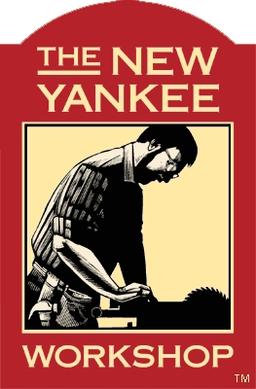Hey woodies,
I’m not a woodworker by any means, but figured it could be here to ask about my question. I love and own some wooden kitchen utensils and cutlery, but want to it to last as long as possible. I never put it in the dishwasher, always wash by hand. However I have heard its possible to oil wooden utensils and such to make it last longer, I assume it prevents the water from deteriorating the wood(?)
So my questions are:
- What oil should I use?
- Do I use cheap oil?
- How do I oil them? Apply with paper, or let them sit in oil over time?
Appreciate any tips or tricks to this!
Have a wonderful day 🌻
Edit, thanks for all the answers and advice, I’ll research properly before buying either type of oil.


Do not just go to the hardware store and buy linseed oil. It is not food safe cause it is just meant as a wood finish, and has additives to make it dry quickly. You can buy linseed (aka flaxseed) oil that is meant to be eaten, but I’ve only seen it in small bottles for a lot of money.
Mineral oil can be purchased from a pharmacy for very cheap; it’s actually sold as a laxative if you intentionally consume a bunch of it. That is what any wooden spoons or cutting boards you buy would be treated with. Some people mix it with melted beeswax, which gives a nice finish. You can also just buy it premixed and sold as " butcher block conditioner". It’s a little pricy, though, and I think it’s easiest to just use the mineral oil
You can buy pure pelletized beeswax from online vendors for dirt cheap too. Making your own Butcher Block conditioner is very inexpensive and you can control how thick you want it
The biggest downside of these finishes is that they never dry. They are always constantly washing and wiping away.
I use beeswax and mineral oil finishes a lot for my own stuff because it’s just so cheap, and it feels so soft and nice.
I’m don’t recommend it for anything you’re going to give away because you can’t trust the gift recipient to be maintaining it. Gifts should not be imposing any kind of burden.
If you’re really wanting Best in Class you want a drying type oil - pure tung or pure flaxseed. The downside is that because they dry they have a shelf life. And expensive in comparison.
Basically any curing finish is going to be food safe once fully cured, but the problem is you have no way to identify when it is fully cured, and something like store-bought linseed oil is full of extremely toxic drying agents to speed it up, some of which will get trapped just below the surface and be sealed away from the air or moisture that leads to their curing - until something like a knife cut scratches the surface and releases it onto your food. Not great. But pure boiled linseed oil and pure tung oil both are free from anything truly toxic - you’re just going to have to order them online or go to a specialty store to find the real thing.
Yes, flaxseed oil for salads is great. It just takes forever to polymerize. We’re talking weeks, maybe up to a month. But you can still use the cutlery, it will just wear off fast. You can speed it up by boiling it before use, but have to be careful to not burn it or have it go ablaze. I just use it raw and apply it from time to time, eventually it all just blends and I reapply once a year.
Boiled linseed oil is not food safe because it isn’t actually boiled. The chemicals you’re talking about are added to achieve the same change that boiling normally achieves, but it is a cheaper process so corporations lobbied for the right to called chemically treated linseed oil “boiled”, even though it’s objectively false.
It’s a great example of a corporate conspiracy.